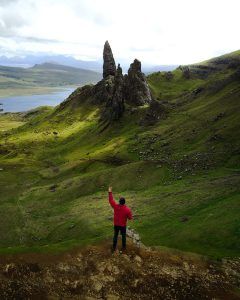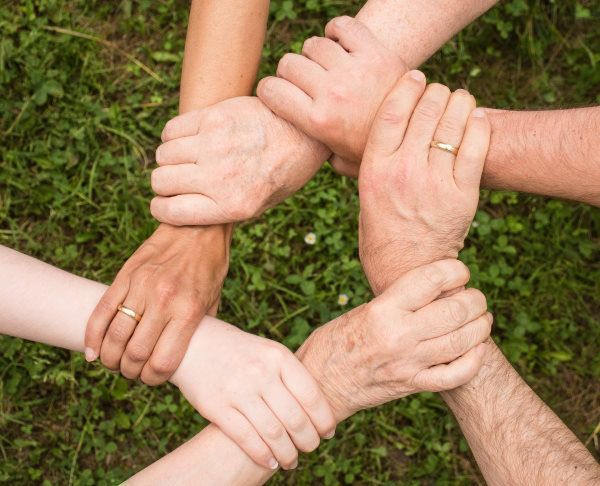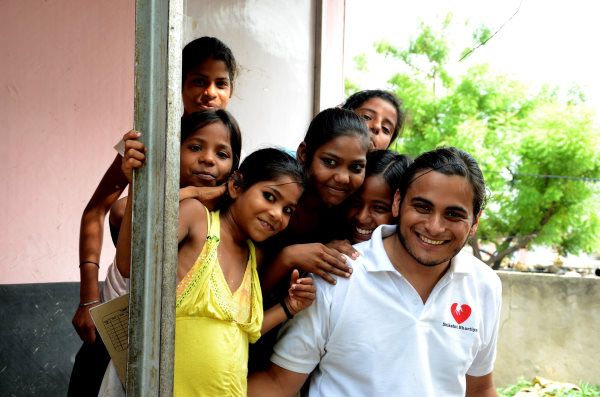
We have already talked about it several times here, since a few years, many travelers want to combine vacations and ecology. The Covid crisis has only accelerated this awareness that it is important to review the way we think about our trips. It is since the advent of a new form of tourism: sustainable tourism. In life nothing is binary and well for sustainable tourism it is the same. There is not only one way to practice it. We are going to present you the 5 main forms that ecological tourism can take to help you see it more clearly. And above all, to help you build your next responsible vacation.
Before going further, please read our article on sustainable tourism if you want to know more about this concept in a more general way. Indeed, here we will go into detail about the different practices.
Ecotourism, the most known practice
The word appeared at the beginning of the 1980's but it was not until 1992 that an official definition was given by the international association of ecotourism. It has been an integral part of the tourism landscape for 30 years, which probably explains why it is the most widely known term. However, it is regularly wrongly assimilated to green tourism. Indeed, as for the latter, ecotourism is practiced in the middle of nature with the ambition to control or even reduce the impact of the stay. However, ecotourism goes even further by integrating a notion of learning.
The word appeared at the beginning of the 1980's but it was not until 1992 that an official definition was given by the international association of ecotourism. It has been an integral part of the tourism landscape for 30 years, which probably explains why it is the most widely known term. However, it is regularly wrongly assimilated to green tourism. Indeed, as for the latter, ecotourism is practiced in the middle of nature with the ambition to control or even reduce the impact of the stay. However, ecotourism goes even further by integrating a notion of learning.
To go further, see our article dedicated to the practice of ecotourism.
Slow tourism, the ecological tourism in vogue
Depuis le développement du principe de slow food en Italie au début des années 80, le mouvement du « slow » touche de plus en plus tous les aspects de nos vies. Le tourisme n’y échappe évidemment pas. Tout particulièrement depuis les périodes de confinement. En effet, elles ont poussé un grand nombre de voyageurs à souhaiter profiter de chaque instant et d’arrêter de courir après le temps. Le slow tourisme est d’ailleurs une des tendances phares du tourisme écologique actuellement.
Since the development of the slow food principle in Italy in the early 80's, the "slow" movement has increasingly affected all aspects of our lives. Tourism has obviously not escaped it. Especially since the periods of confinement. Indeed, they have pushed a large number of travelers to wish to enjoy every moment and stop running after time. Slow tourism is one of the main trends in ecological tourism today.
But how do you practice it? Nothing could be simpler: take your time, take off your watch and turn off your alarms, in short disconnect. Forget about the to-do list and the list of things to see during your stay. The idea here is to see less but better. The objective is to fully enjoy the past moments without already thinking about the next step. In fact, you may not have time to go to the next step! Nothing serious, you will have enjoyed the previous experiences so much that your memories will be enough to make you happy.
Community tourism or how to put the human at the center of our concerns

In this case it is about living fully your stay in the heart of local communities. The objective is not to transform traditional villages into Disneyland of course. These communities must keep their authenticity in order to maintain this type of ecological tourism.
In this context, it is the local communities that will welcome you and manage the infrastructures. They will also be there with you to share their daily life and accompany you during the discovery of this environment.
If you wish to live such an experience you can ask our partner agencies to organize this type of homestay for you. We can also advise you to contact the Casa de Felix in Peru, an unforgettable experience on the shores of Lake Titicaca!
Regenerative tourism to leave a positive trace of our passage
Armelle Solhelac told us about it during her live show last year, which aimed at presenting the future of tourism by 2030. You can watch it again in its entirety in the video below:
This ecological tourism pushes us to have a positive impact on the eco system that we have decided to discover. This means doing something positive for the population and the environment during your stay. In this context, you will not spend your entire stay, unless you wish, on the positive impact project. You will spend one or two days on the project, as you might have done to visit a site or go hiking. These days are integrated into the overall organization of your stay.
This can be translated in many ways, here are some examples:
- Planting trees or corals
- Participate in the construction of a building for the communities living near your place of residence. This can be a school, a clinic or other.
- Teaching at the village school...
The list is not exhaustive and can take many forms. The main thing is to give more than you can take during your stay.
These activities are organized either by local humanitarian associations or by certain accommodations themselves. If you are interested, ask your future host if such projects exist in the area and to join the process during your stay.
Humanitarian tourism or the art of making your vacations useful

Quite similar to our last point, this one is more supervised and you will not practice it alone. You will have to program it with a humanitarian association. The latter will organize your stay and will give you the tasks to perform in order to reach the objective it has set. It is generally a large-scale project with clear and precise specifications.
Within the framework of this ecological tourism, your entire stay will be devoted to the implementation of this project. Your missions will depend on your desire but especially on your skills and your training. You will already know perfectly what to expect before leaving so that you will be as operational as possible once you arrive.
You want to start a business but don't know where to turn? Several platforms exist. For example, we recommend Service Volontaire International. It is a French-Belgian, Canadian and Vietnamese association recognized by the European Commission.
Have you already experienced one or more of these ecological tourism or is it a project? Tell us about it in comments.